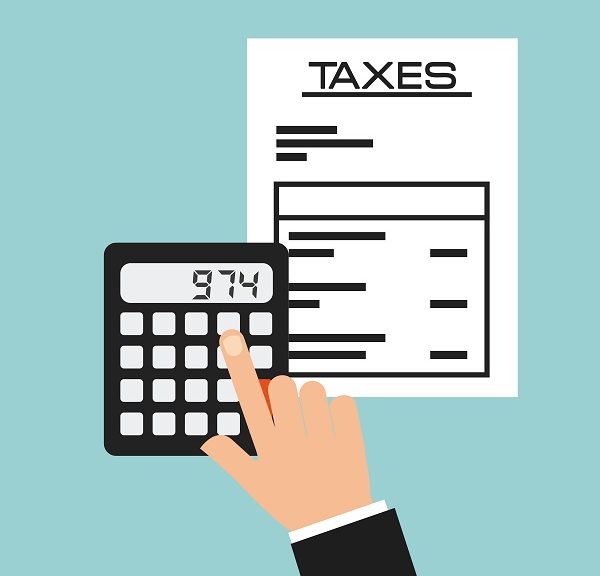Every state has legal requirements that must be met if two people want to get married. One of the main requirements is the issuance of a marriage license. The marriage license must be obtained before the marriage takes place, and it must be filed with the appropriate office within 10 days after the ceremony occurs. This article will discuss the prerequisites for marriage in California.
California recognizes two types of marriage licenses: public and confidential. Public marriage licenses are part of the public record in the county in which the license is purchased. Anyone can obtain a copy of a public marriage license. Confidential marriage licenses are confidential records that are registered in the county where they are purchased. Other than the couple, only people who have a court order may obtain a copy of a confidential marriage license.
Some of the requirements for a marriage license are common to both public and confidential licenses:
- Both people must be at least 18 years old (with one exception for public licenses noted below).
- Neither person may be a partner in a current marriage.
- Both people must appear personally with photo identification and, depending on the county’s requirements, a copy of their birth certificates.
- The marriage must be solemnized in a ceremony conducted by someone legally authorized to do so.
- If either person was married before, he or she must know the ending date of the marriage and how the marriage ended, such as through divorce or death.
- The couple must pay a fee for the issuance of the license.
To obtain a public marriage license, at least one witness must be present and must sign the certificate. Additionally, a person under the age of 18 may marry with permission of both a parent and a superior court judge.
To obtain a confidential marriage license, the parties must be living together at the time they apply for the license. No witnesses are required.
Once issued, a marriage license is valid for 90 days. The marriage must take place within this time. If it does not, the couple will need to obtain a new license.
If you need the assistance of an experienced California family lawyer, the attorneys at the Law Offices of Judy L. Burger can help. Make the call today if you have questions about California family law: (415) 293-8314.





